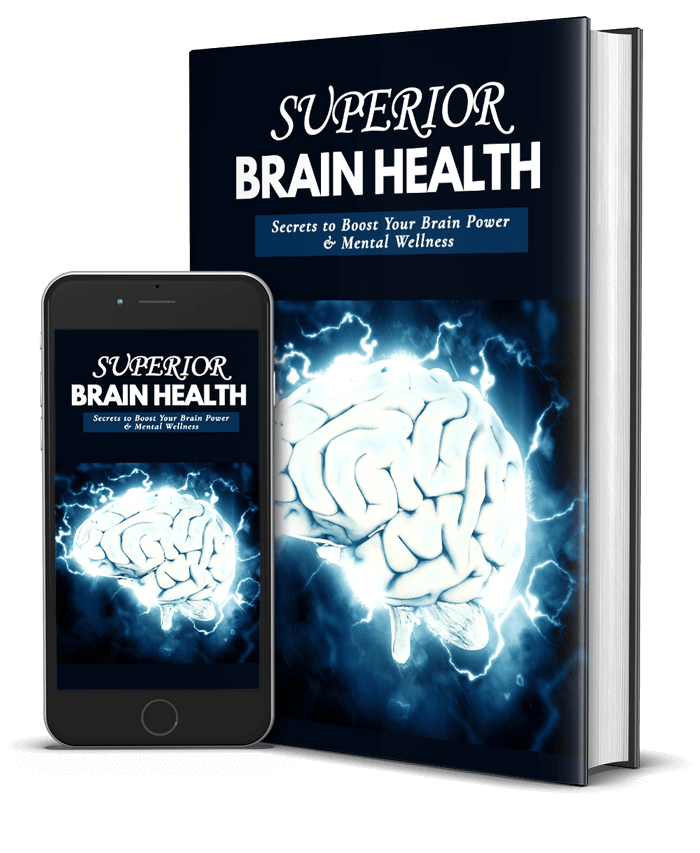10 Essential Questions to Ask Your Doctor About Cognitive Health As You Age
The Relationship Between Lifestyle Choices and Cognitive Health: How to Keep Your Brain Young and Reduce Dementia Risk
Cognitive health is one of the most significant components of overall well-being, especially as we age. Yet, the idea of losing our mental sharpness or developing dementia is often surrounded by fear, stereotypes, and misconceptions. The truth? While aging naturally brings changes to our brain, many lifestyle choices can slow cognitive decline and significantly reduce the risk of dementia.
This guide explores the connection between lifestyle and brain health, busts myths about cognitive aging, and offers 10 essential questions to ask your doctor about cognitive health. With the right information and proactive steps, you can keep your mind vibrant and engaged, no matter your age.
Understanding Cognitive Decline and Aging
Aging impacts the brain in several ways:
Neuron loss: As we age, the brain naturally loses neurons (nerve cells), which may affect memory and processing speed.
Decreased neurotransmitters: Chemicals like dopamine, serotonin, and acetylcholine, which help the brain communicate, decline over time.
Reduced plasticity: The brain’s ability to adapt and form new connections slows, but this can be improved with mental stimulation.
Accumulation of plaques: Proteins like beta-amyloid can build up, particularly in Alzheimer’s disease, interfering with brain function.
What’s normal?
It’s normal to occasionally forget a name or misplace your keys. However, difficulty following conversations, solving problems, or completing familiar tasks could signal a deeper issue.
Misconceptions About Aging and Cognitive Decline
“Cognitive decline is inevitable with age.” While some slowing of thought is normal, dementia is not a natural part of aging.
“Memory loss is the first sign of dementia.” Other symptoms, such as changes in mood or reasoning, often appear first.
“Dementia can’t be prevented.” Many cases are linked to modifiable lifestyle factors.
10 Essential Questions to Ask Your Doctor About Cognitive Health
1. What Are My Risk Factors for Cognitive Decline?
Why this matters: Understanding your individual risk factors allows you to take targeted preventive measures.
Risk factors include genetics, lifestyle, and pre-existing health conditions like high blood pressure or diabetes.
Follow-up questions:
Should I get tested for the APOE-e4 gene linked to Alzheimer’s?
How does my family history impact my risk?
Misconceptions:
“If my parent had dementia, I will too.” Family history raises risk but does not guarantee dementia. Lifestyle modifications can make a huge difference.
“I’m too young to worry about cognitive health.” Prevention should begin in your 30s and 40s for the best outcomes.
2. What Are the Early Warning Signs of Cognitive Decline?
Why this matters: Recognizing early symptoms can lead to earlier intervention and better outcomes.
Common signs include forgetfulness, difficulty concentrating, mood changes, and trouble following instructions.
Follow-up questions:
What symptoms warrant further testing?
How do I differentiate normal aging from potential dementia?
Misconceptions:
“Forgetfulness always means dementia.” Occasional memory lapses are normal, but consistent trouble managing daily tasks may not be.
3. How Can I Adjust My Diet to Support Cognitive Health?
Why this matters: Diet has a direct impact on brain function and longevity.
Diets like the Mediterranean and DASH diets have been linked to lower dementia risk.
Follow-up questions:
Are there specific foods or supplements I should focus on, like fish oil or vitamin D?
Should I avoid any particular foods?
Misconceptions:
“Supplements can replace a healthy diet.” Supplements can help fill gaps but aren’t a substitute for nutrient-rich foods.
4. What Role Does Exercise Play in Protecting My Brain?
Why this matters: Exercise increases brain-derived neurotrophic factor (BDNF), which supports neuron growth and survival.
Both aerobic and strength training improve brain health.
Follow-up questions:
How much exercise is optimal for brain health?
Are there specific activities that benefit cognitive function?
5. How Can I Improve My Sleep for Cognitive Health?
Why this matters: Poor sleep is linked to increased beta-amyloid buildup, a hallmark of Alzheimer’s.
Follow-up questions:
Could conditions like sleep apnea be affecting my brain health?
What are the best strategies for improving sleep quality?
Misconceptions:
“I need less sleep as I age.” Older adults still require 7-9 hours of sleep.
6. Are There Tests to Monitor My Cognitive Health?
Why this matters: Cognitive tests can establish a baseline and track changes over time.
Follow-up questions:
Should I take a cognitive assessment like the MoCA or MMSE?
Are brain imaging tests like MRI or PET scans necessary?
7. How Do Chronic Conditions Affect Cognitive Health?
Why this matters: Conditions like hypertension, diabetes, and obesity significantly impact brain health.
Follow-up questions:
How should I manage chronic conditions to reduce dementia risk?
Could my medications affect cognitive function?
8. How Can I Manage Stress to Protect My Brain?
Why this matters: Chronic stress releases cortisol, which damages the hippocampus, the brain’s memory center.
Follow-up questions:
What stress-management techniques are most effective?
Can practices like yoga or mindfulness improve brain health?
9. What Role Do Social Connections Play in Reducing Dementia Risk?
Why this matters: Loneliness is linked to a higher risk of cognitive decline.
Follow-up questions:
How can I stay socially engaged as I age?
Are there programs or activities you recommend?


